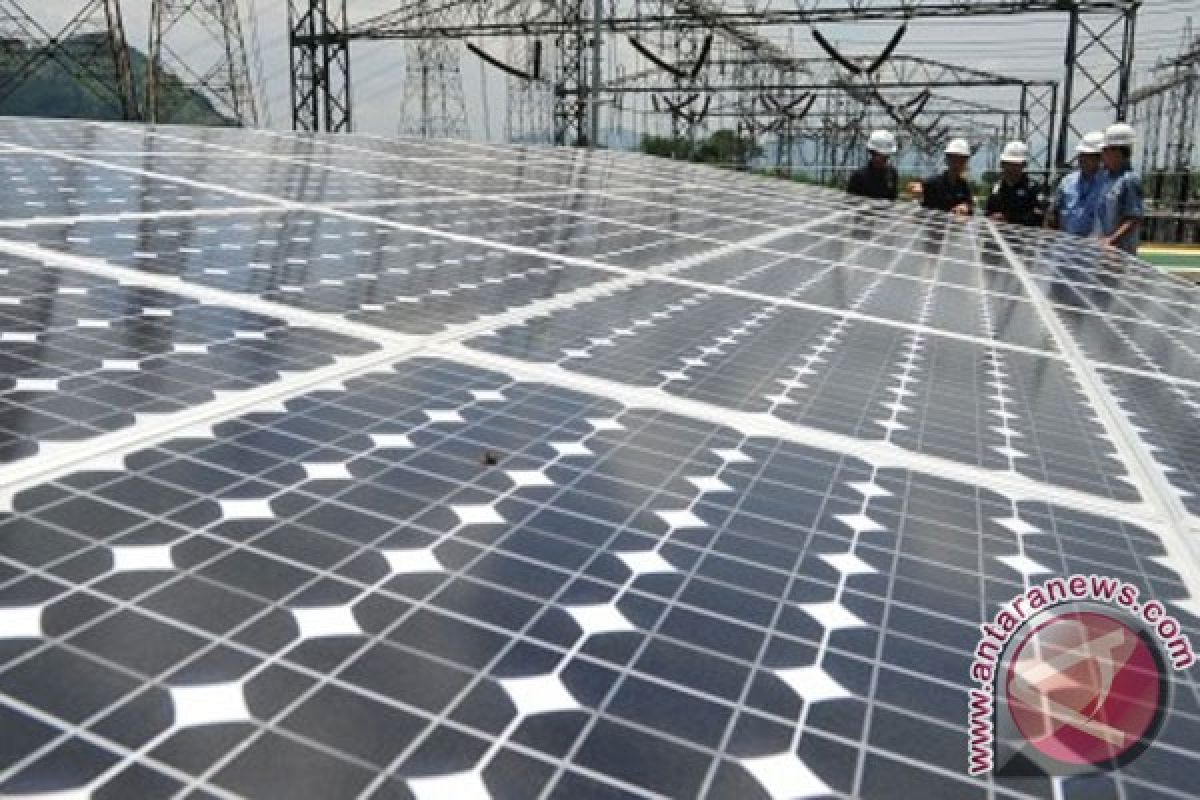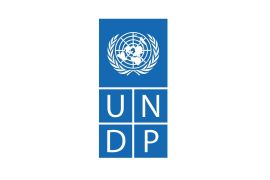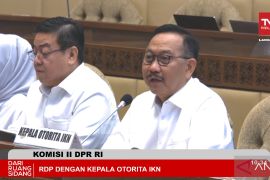"They are seldom assessed together in the Pacific Islands."United Nations (ANTARA News/Xinhua-OANA) - A UN Development Programme ( UNDP) official released a proposal to change the energy sector for the Pacific Islands by substituting carbon-intensive energy sources with investments in clean energy.
"Renewable energy and energy efficiency have been called the ` twin pillars` of sustainable energy," said the proposal prepared by Thomas Lynge-Jensen, an Environment and Energy Specialist for the UNDP`s Pacific Center.
However, according to Jensen, "they are seldom assessed together in the Pacific Islands." He added that "such a transition will require substituting investments in carbon-intensive energy sources with investments in clean energy, as well as efficiency improvements."
Supporting his findings, Jensen noted that the Secretariat of the Pacific Regional Environmental Programme (SPREP) together with the UNDP, and the Global Environmental Facility (GEF) supported the Pacific Islands Renewable Energy Project, to achieve a sustainable lifestyle for the dissipating Pacific Islands.
In those findings, it was noted that the islands of Fiji, Papa New Guinea, Tonga, and Vanuatu, could displace more than the projected business demand for petroleum fuel, if they aggressively pursued the development of renewable energy.
"Pacific islanders depended on local energy sources for all their needs," read Jensen`s proposal. "While these traditional renewable energy uses remain important, today`s island societies and economies rely in some way on imported fossil fuel, particularly diesel fuel and gasoline."
In his proposal, Jensen notes that to build a greener growth, the steps to follow are to "provide price signals for externalities; eliminate fossil fuel subsidies; set frameworks to make markets work; radically improve energy efficiency; and foster innovation and green technology policy."
Jensen also stressed that promoting a greener growth will require the cooperation from the international community, saying " it is largely a national matter and policy options will therefore differ across countries."
(U.C003)
Editor: Priyambodo RH
Copyright © ANTARA 2012












